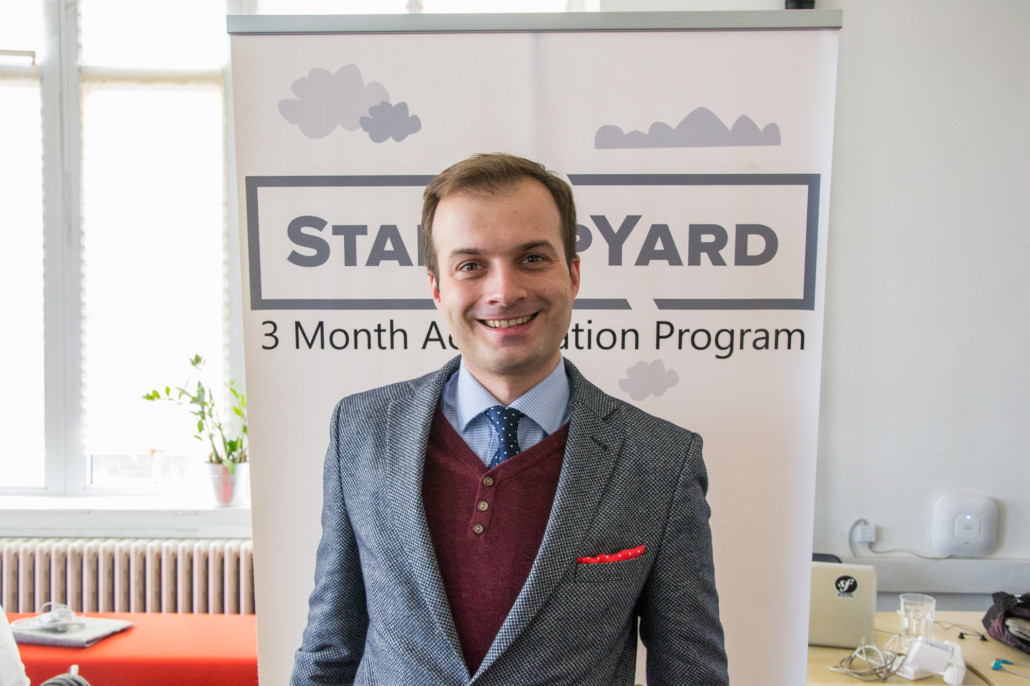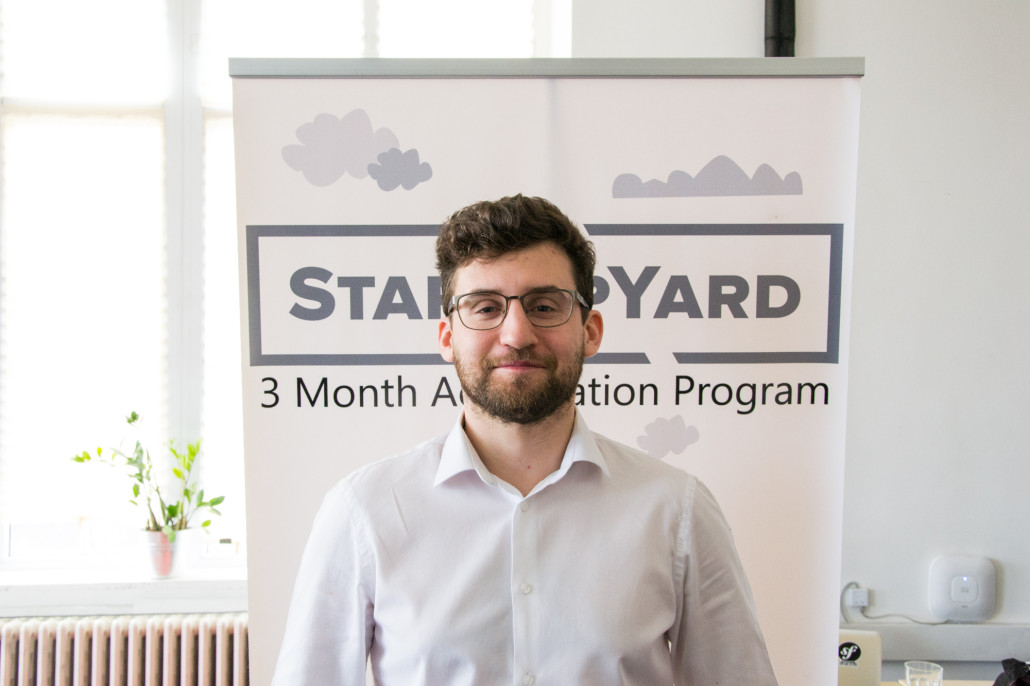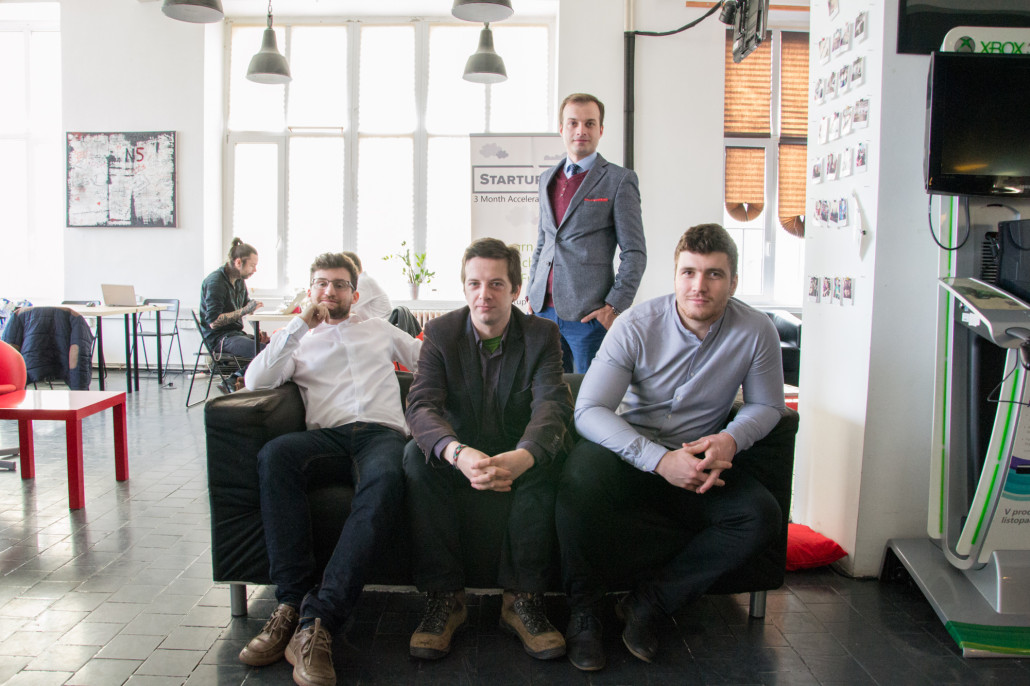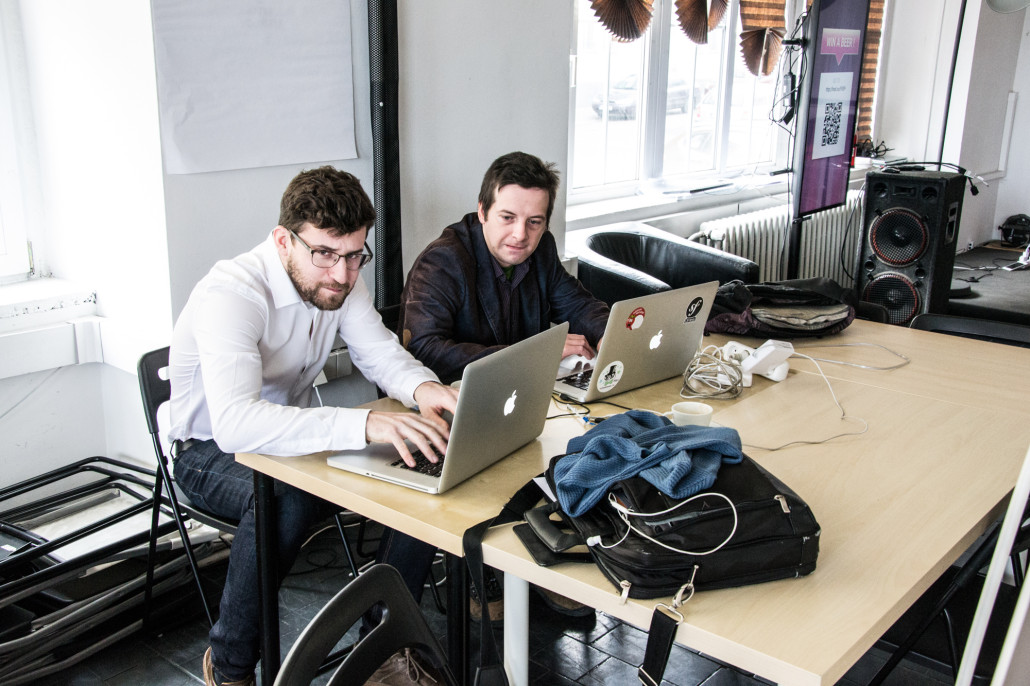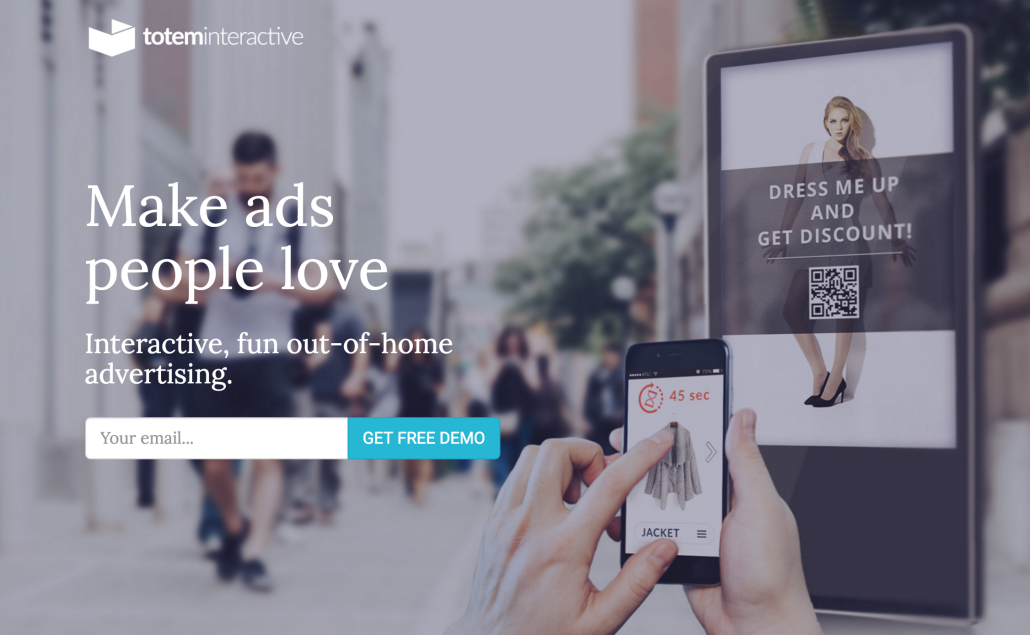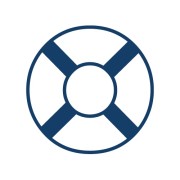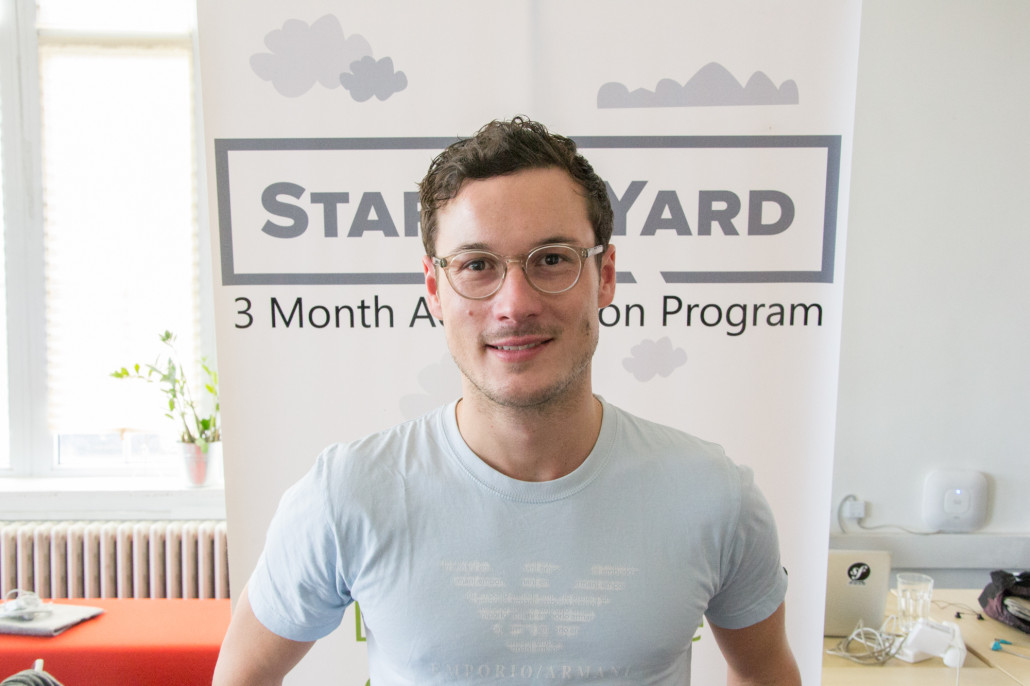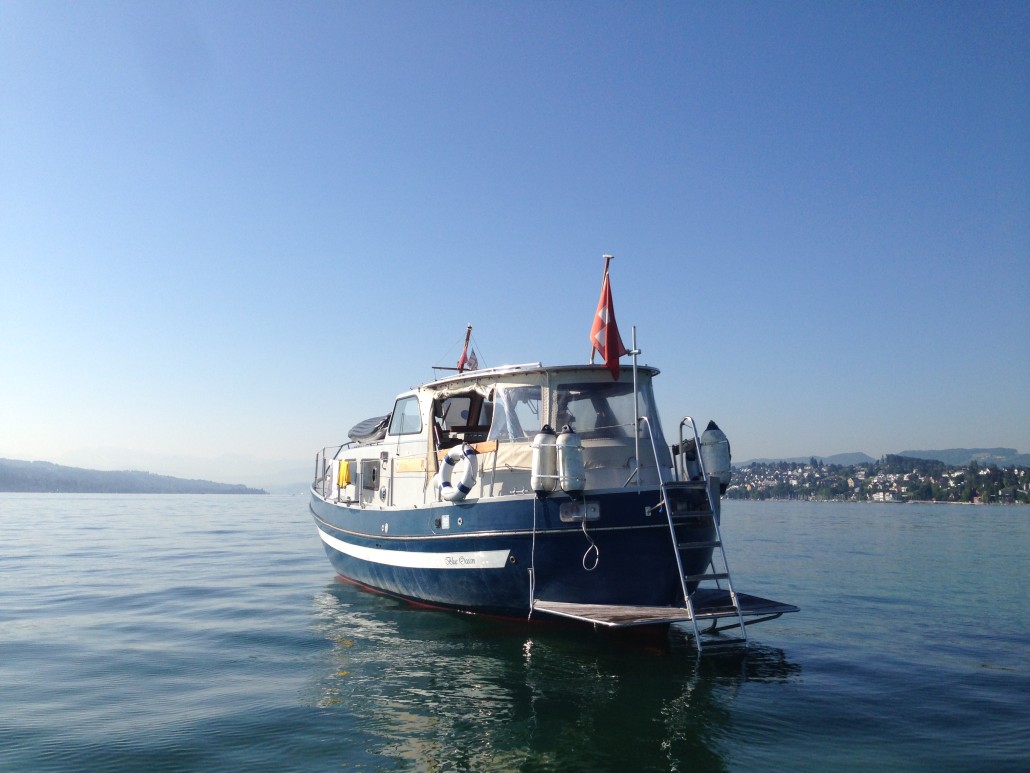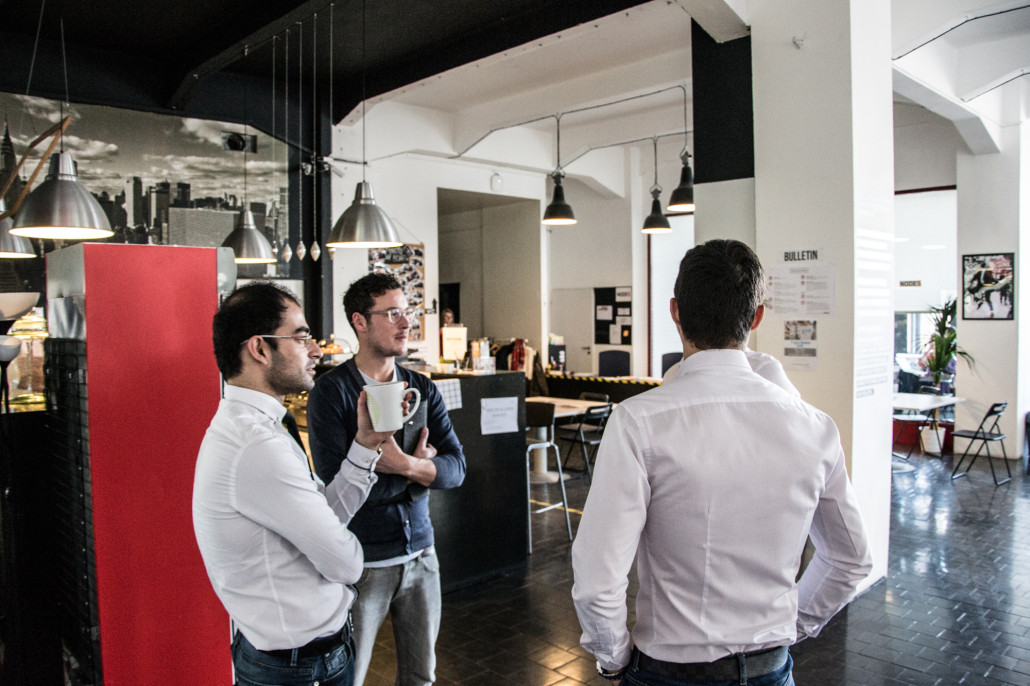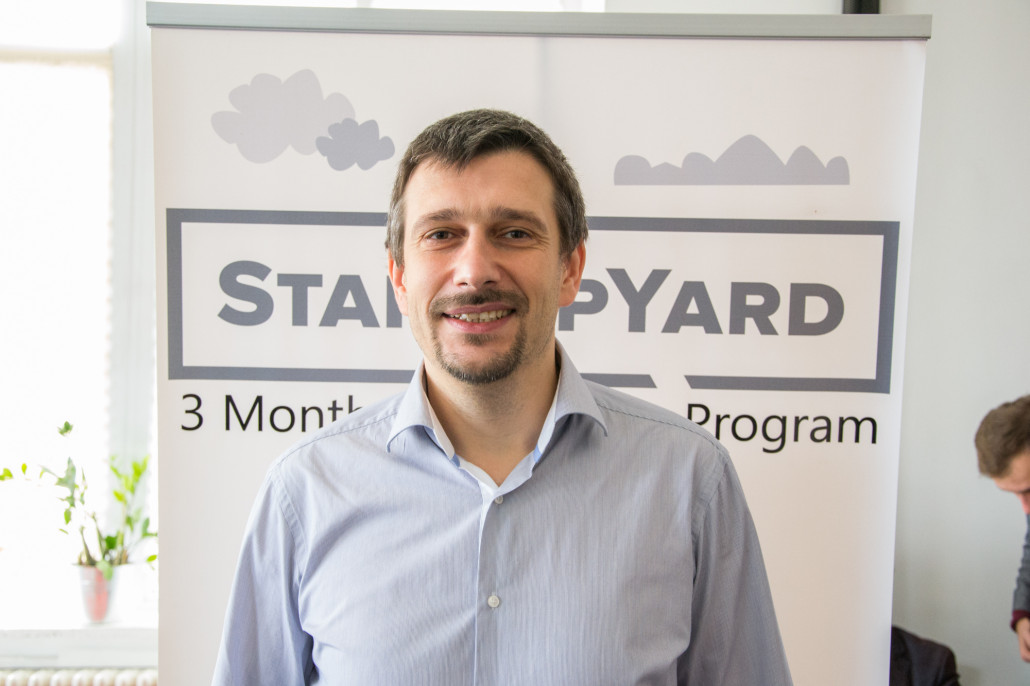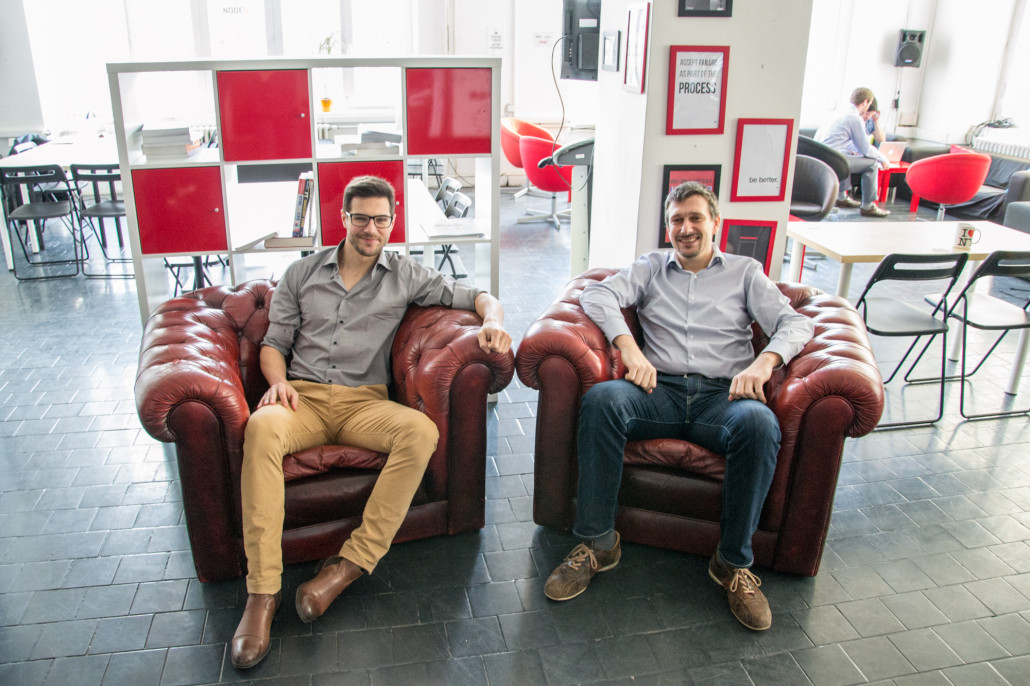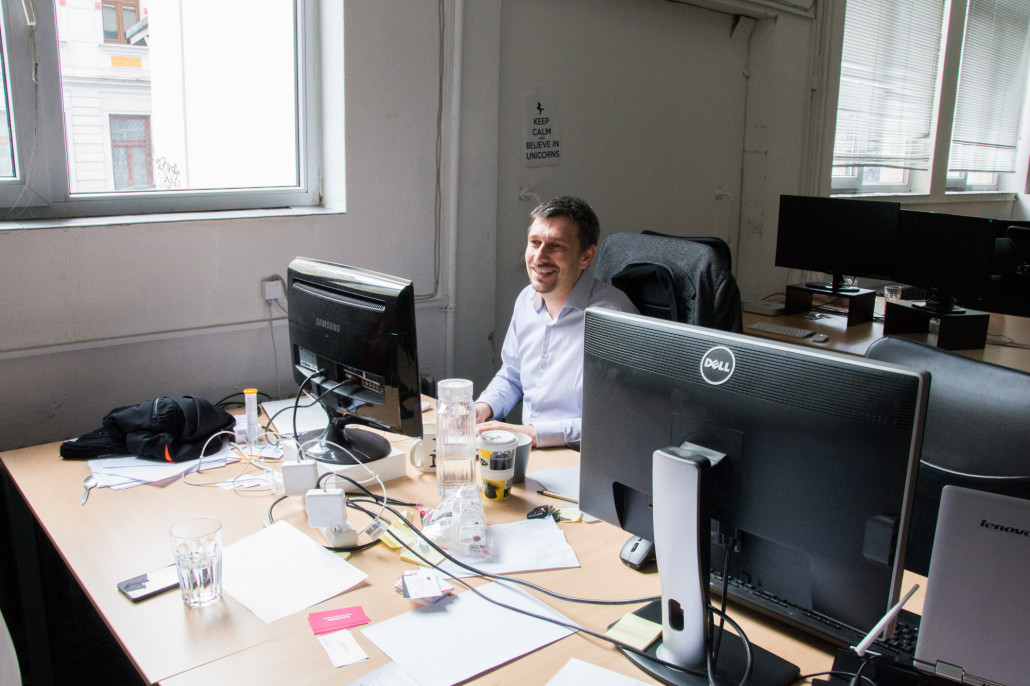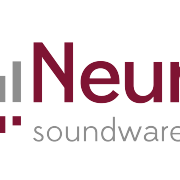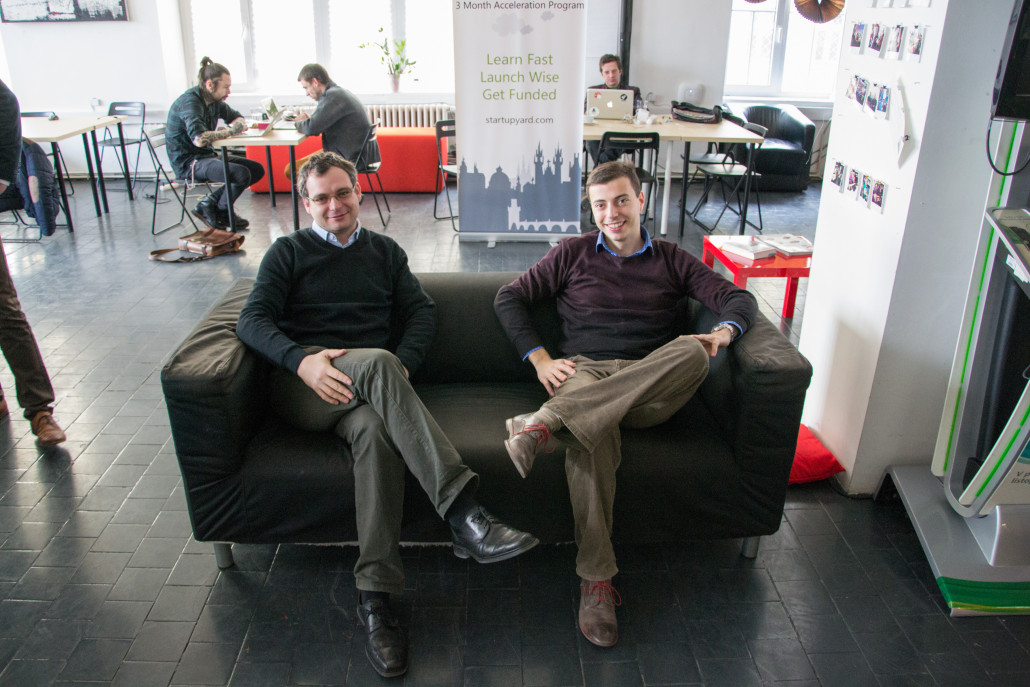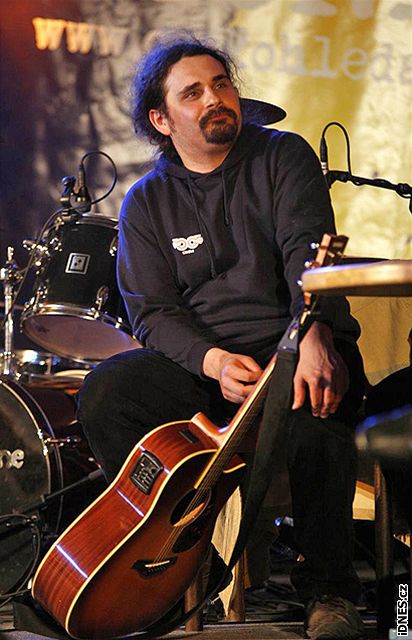What’s Special About the Cluj Tech Ecosystem?
StartupYard has embarked on a month-long, 8 stop tour of Central European tech capitals. We’ve already visited Slovakia, Poland, and Kosovo, Bulgaria, Slovenia, and Hungary, and will be stoping in Romania (Bucharest and Cluj) next week!
But before visiting each ecosystem for StartupYard FastLane, we wanted to get to know the ecosystems we will be visiting even better. While we’ve met a lot of startups from these countries, and accelerated some of them as well, we wanted to hear from local accelerators, investors, and entrepreneurs what they thought was special about their local ecosystem. Since we’re asking startupers to come to Prague, which we think is pretty special, we wanted to see what our neighboring ecosystems really have to offer, according to some of their biggest fans.
We asked a group of entrepreneurs and influencers in the countries we’re visiting to tell us their perspective on their own ecosystem, and we are sharing that learning with you in a series of blog posts, including posts about Poland, Bucharest, Bulgaria, and Slovakia, we’ll explore what makes the Cluj Tech Ecosystem unique, ahead of our visit to ClujHub, on Tuesday September 20th.
Our Respondent:
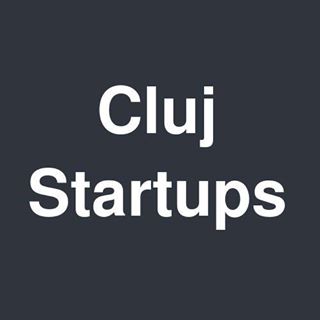 Cluj Startups: Cluj Startups is a community gathering founders, tech people, startups supporters and enthusiasts from Cluj-Napoca and the surrounding region. As a non-profit, Cluj Startups’ mission is to promote the startups based in Cluj and the events related to tech entrepreneurship taking place in our city and region. But also, to facilitate access to outsiders towards the startups and members of the community.
Cluj Startups: Cluj Startups is a community gathering founders, tech people, startups supporters and enthusiasts from Cluj-Napoca and the surrounding region. As a non-profit, Cluj Startups’ mission is to promote the startups based in Cluj and the events related to tech entrepreneurship taking place in our city and region. But also, to facilitate access to outsiders towards the startups and members of the community.
What’s Special about the Cluj Tech Ecosystem?
What do you see as the greatest advantage of the Cluj tech ecosystem, particularly for young technology startups and entrepreneurs?
Cluj is a vibrant city from the IT/tech perspective, with 200+ IT companies working with international clients, 10000+ IT professionals, 2 universities with hundreds of graduates in the IT field every year.
Whatever you want to build, chances are that you can find the right people to do it in Cluj. Many projects were developed in various industries like banking, automotive, e-commerce, retail, transportation, infrastructure, e-health. So, for really deep-technology startups, it’s a good place to start or to extend your team
What about its most important current weaknesses? How would you like to see them addressed?
Lack of strong product mindset and business development skills. As the ecosystem is relatively young, the first people to come in touch with the startups are still the ones in the tech sphere. In the next two years, the product management and product marketing expertise will be more and more required so we will see people gaining up on this side as well, completing the puzzle of Cluj as an emerging startup ecosystem.
What specialty would you say your ecosystem is most famous for, in terms of technology or business?
Our ecosystem is known definitely for the tech talent and for the IT companies which have grown here, some of them reaching even 1000 employees and more than $10 million in annual revenue. There is a constant attention towards Cluj from the outside, which brings more people interested to partner with local companies or to start a tech startup with a local co-founder/team.
Would you say the local ecosystem is dominated by more copycats, or by original, innovative solutions?
Not many copycats around here, but at the same time many of the startup ideas come usually from people with tech-background, so there is a limited pool of startup ideas we hear around here. There is a gap between the tech industry and other industries and what we need to see more often is for non-tech people, who really see problems in their industry, to partner with the tech guys in order to benefit of a complete range of expertises: business, industry and tech.
Cluj based startups need to look outside the tech business for new ideas - @clujstartups Click To TweetIn your opinion, does the local ecosystem look abroad for opportunities enough? Too much? What would you encourage local entrepreneurs to change in their approach to global business?
The opportunities abroad are quite visible for us, it happens often that accelerators and funds want to visit our ecosystem and get in touch with local entrepreneurs. But the first step in growing internationally, is focusing more on product-related topics and on innovation. As long as we’re caught with an overwhelming majority in outsourcing, the product-side will be harder to develop, as effort goes where the money come from on a shorter term.
Outsourcing in Cluj is a drain on the Startup ecosystem - @clujstartups Click To TweetHow would you describe your government’s relationship to startups and tech? Is the government helpful or is it out of touch?
This years we’ve seen a lot more government activity on supporting entrepreneurial initiatives. A total of more €150 million is in process to be released through various programs to stimulate entrepreneurship and part of these funds/grants will go as well for tech entrepreneurship and startups.
The technocrat government has proven that it is listening to tech entrepreneurs (even to individual problems that startups have) and it is more supportive than in the years before. Still the system and communication needs a lot more improvement and it needs also entrepreneurs to involve more in the consultation process.
What about Angel investors? Do you have an active community? What types of people are doing angel investing in your ecosystem?
There are a few angel investors, but they are not necessarily associated in a local group or network. However, they invest in a case by case decision, through their own means. Typically, these investors come with a tech or IT business background so they understand well enough the challenges a startup might face.
There is a gap on seed stage funding which makes a lot of startups oriented directly towards outside investors. The good side is that the ones getting funding, move faster in international, bigger markets, but the downside is that chances to get funded are lower as they compete with other european startups.
The ecosystem players are very aware of that and starting from 2017, hopes are high for growing the angel community and creating early-stage funds which to support the startups.
In your opinion, what have been your greatest local successes, and in what areas do you think the ecosystem has the most potential to grow in the next few years?
So far we have witnessed a few hybrid successes, more precisely companies that had co-founders from Cluj or technical/product teams here. In 2014, Skobbler (products and services based on OpenStreetMap) was sold to Telenav for $24 million and in 2015, Liverail (monetization platform for video publishers) was sold to Facebook for an estimated $500 million.
Wow. Cluj startups have experienced some HUGE exits in the past few years - worth over $500M - @clujstartups Click To Tweet
There are a few startups which have now grown to have more than dozen employees and are scaling up, like Moqups (web-based application that enables users to create mockups and wireframes), Onyx Beacon (B2B solutions that helps companies develop context aware mobile applications through beacon technology), Skinvision – skin cancer detection mobile app), CRMRebs (online platform which doubles the productivity of real estate agents) and MiraRehab (product designed to make physical therapy fun and convenient for patients recovering from surgery or injury).
.@ClujStartups highlights: @onyxbeacon @moqups and others as key Cluj success stories! Read more: Click To Tweet
What would you say to an entrepreneur or a startup thinking about relocating to your city? Any Warnings? Hidden advantages? Quirks?
Cluj is a great city to find a tech co-founder or to build the technical team. It is estimated that more than 10 000 software engineers live in Cluj, most of them working in the IT outsourcing industry, for mid-sized companies. The trend for switching jobs towards product-building ones is growing, so more developers are now inclined to take the challenge to work for startups or product-based companies.
The model, proven already, is to have the tech team here, while the business development is set in the targeted countries. The costs, availability and work quality makes the region attractive, compared with other European hubs, especially for funded startups which are really careful about spending the cash and prolonging the runway.
Cluj is welcoming to tech entrepreneurs and relocation should not be hard at all, with various points of interest:
- Coworking spaces: Cluj Cowork, Impact Hub, Cluj Hub, Zain Studio
- Programs for startups: Spherik Accelerator, Innovation Labs, Imprezzio Idea Challenge, Sprintpoint
- Plenty of tech conferences and meetups, like Techsylvania, IT Days, IT Camp, ClujJavascripters, Today Software Magazine and many many others
- Startup related communities and meetups: Cluj Startups, Startup Weekend Cluj, Startup Grind Cluj and others
Can you highlight 3 startups to watch for 2017 from your regional ecosystem? Why would you highlight them?
Visitors Analytics is a tailored analytics apps for major website builder platforms like Wix, Weebly, WordPress, Shopify and several others. It was launched earlier this year, on Wix, and it reached already more than 60 000 users.
Urby app delivers you suggestions on a daily basis, with things to do and places to go in your city. The team, located in Sibiu, has a really solid experience in city-life apps, has secured 6-figures funding earlier this year and it’s now on the way to expend internationally, after piloting a few cities in Romania.
Typing DNA is a startup located not far from Cluj, in Oradea. It was started less than 8 months, already went through 2 acceleration programs and closed seed funding. It uses typing biometrics to allow systems to detect account theft or hijacking based on his typing patterns.
Planable is a SaaS tool for social media managers to plan and collaborate on social media campaigns. It was accelerated as well and won a few pitching awards, now on their way to test the US market.
Cluj Startups to watch via @clujStartups: @typingdna, Urby App, @planableapp and visitor-analytics.net/ Click To Tweet
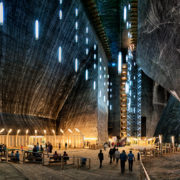

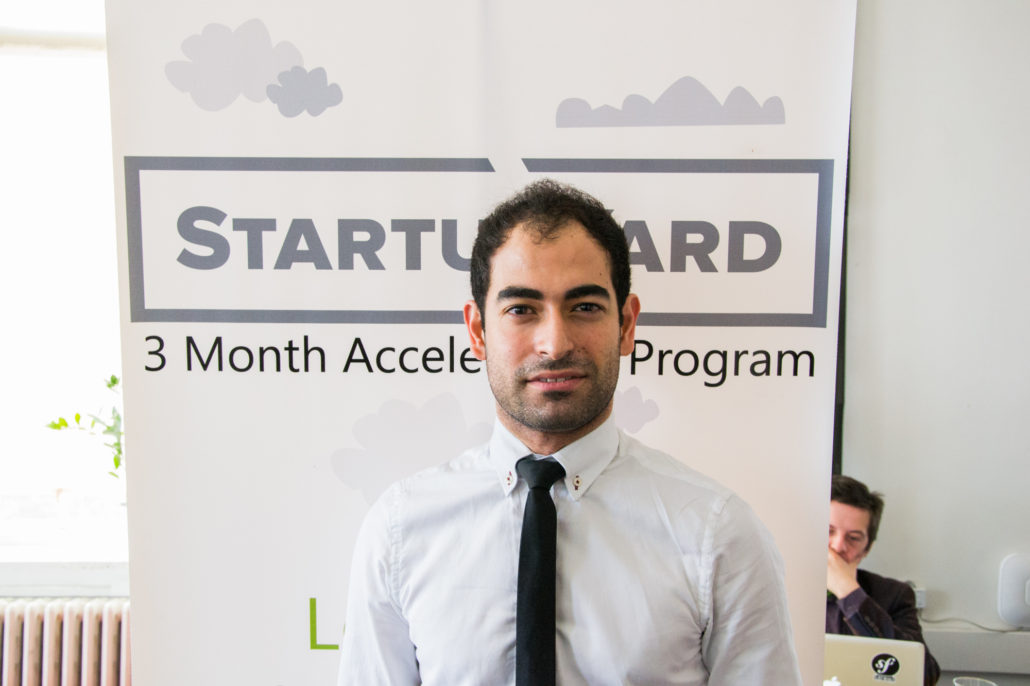 Alexander Karadjian, Founder and CEO of Speedifly
Alexander Karadjian, Founder and CEO of Speedifly
 Our Respondent: HowtoWeb Bucharest
Our Respondent: HowtoWeb Bucharest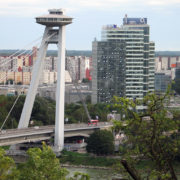
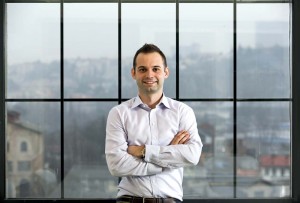 Andrej Kiska Jr, Credo Ventures: Kiska is a StartupYard
Andrej Kiska Jr, Credo Ventures: Kiska is a StartupYard 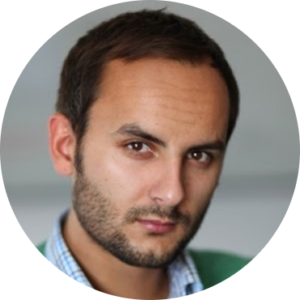

 Asia Oparcik: Operations Manager at
Asia Oparcik: Operations Manager at



